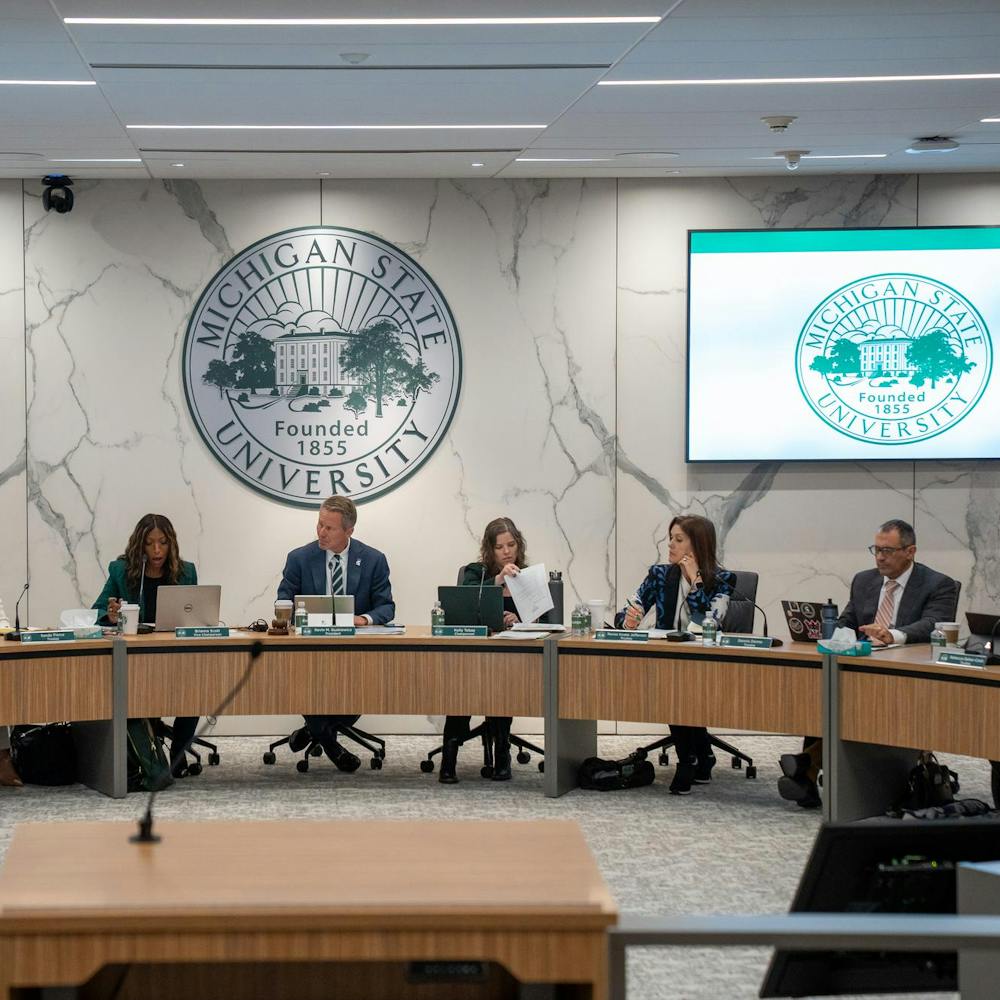Providing everyone with equal opportunities to excel is a fundamental principle presumed to exist in this country.
No matter an individual’s level of ability, having access to the same number of opportunities as one’s peers is a basic right and necessary measure needed to harbor the best possible life for the future.
This idea never should be a question and never should be denied.
But unfortunately for some, this objective has become a hopeless reality and their concerns seem to have gone unheard.
People with disabilities faced an uphill struggle to have their basic needs recognized in this country.
Despite needing help more than most, individuals with disabilities often have been thrown at the wayside of our nation’s social conscience.
Particularly for the deaf, this problem has been painfully apparent in Michigan.
In 2009, a moratorium was placed on the deaf education program at MSU because of budget reductions, ultimately levying the university to discontinue deaf education as a certification.
The ban was a crippling blow to the hearing impaired and deaf educators in the state, but the troubles don’t stop there.
In the following years, Eastern Michigan University, the only other school in Michigan to offer a deaf education specialization, stopped accepting students into the program.
Once phased out, this would leave no university-level deaf education teacher preparation programs in the state.
This trend is unsettling, but it’s not entirely uncommon.
Assuming nothing is done, Michigan would join 16 other states who fail to offer deaf education teacher preparation programs. And this problem might soon become worse.
In his fiscal year 2014 budget proposal released last week, President Barack Obama called for increases in funding to K-12 education, but not for any of the programs falling under the Individuals with Disabilities Education Act.
Instead of harboring a system in which equal opportunities exist, we have taken tremendous leaps in the opposite direction.
It’s true setbacks are necessary parts attached to the budget cuts aimed at decreasing our nation’s economic deficit, but there is a stark difference between cutbacks and total removal.
The programs structured to suit the needs of the disabled are designed to provide for the next generation and make this nation stronger. Although no one is exempt from the drawbacks to these cuts, it seems some groups are suffering more than others.
There still is a great amount of good that has been done and continues to be done to aid the disabled. But to progress in the future, there has to be more.
About 2.6 percent of MSU’s population identify themselves as having a disability, according to MSU’s Resource Center for Persons with Disabilities.
Having access to the same number of opportunities as their peers is a fundamental right they all maintain.
Support student media!
Please consider donating to The State News and help fund the future of journalism.
Budget constraints or not, this never should be jeopardized.
Discussion
Share and discuss “Disabled shouldn’t feel cuts hardest” on social media.






